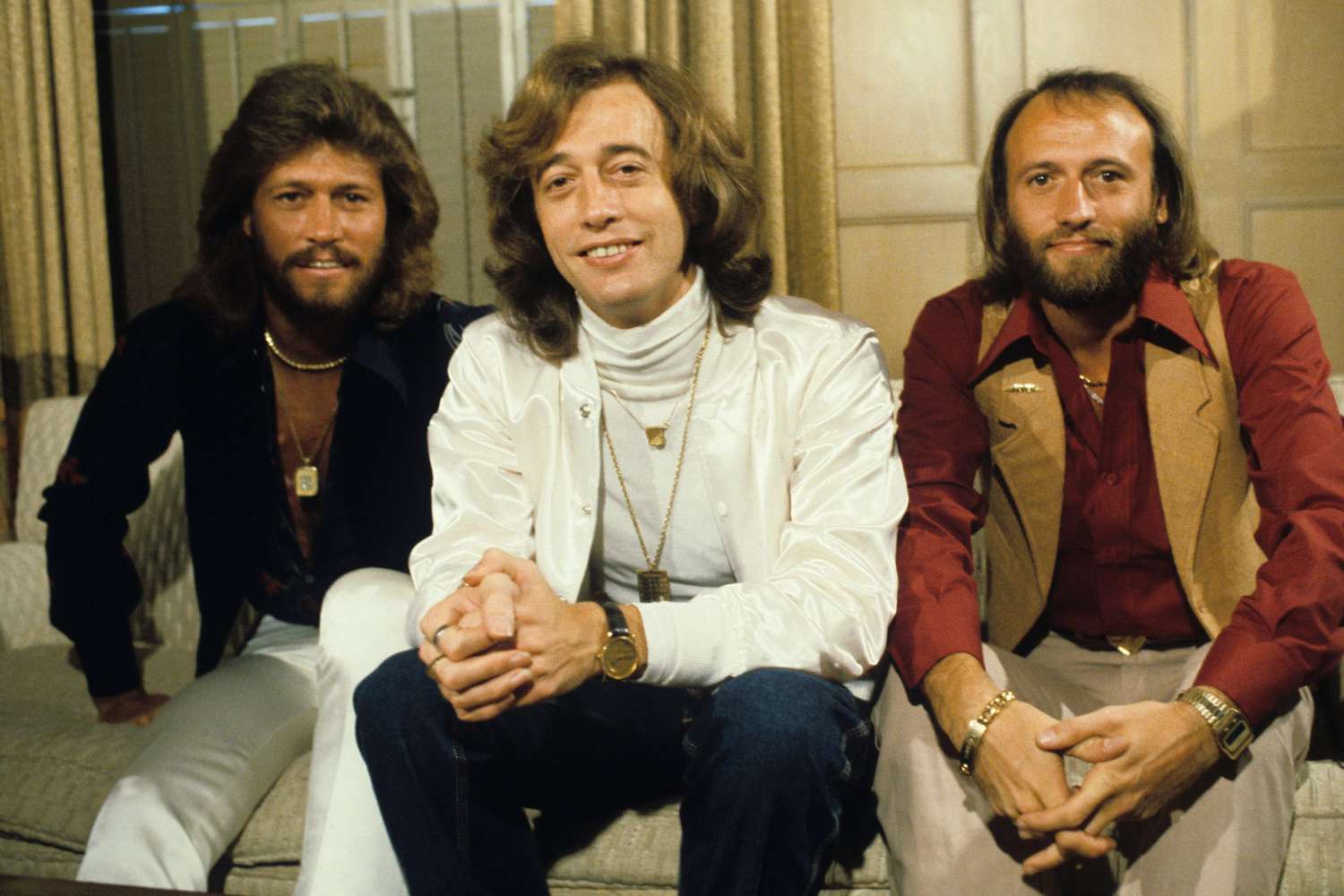
About the song
Bee Gees. A name synonymous with soulful harmonies, disco swagger, and undeniably catchy melodies. But before they took the world by storm with their dance floor anthems, the brothers Gibb crafted a sound that was both tender and powerful, a sound exemplified by their 1972 track, “You Know It’s for You”.
---> Scroll down for the VIDEO
Released on the album To Whom It May Concern, this song predates the disco explosion that would define the latter half of the decade. Here, we find the Bee Gees at a crossroads. Their signature falsettos are present, but used with a touch more restraint, creating a yearning quality that resonates throughout the track.
“You Know It’s for You” opens with a simple piano line, setting the stage for Maurice Gibb’s heartfelt vocals. The lyrics paint a picture of a man utterly devoted to a woman who seems hesitant to reciprocate his feelings. We hear pronouncements of unwavering love: “I would die for you. I have cried for you, believe me girl.” There’s a touch of desperation in his plea, “Don’t you think it’s time you made up your own mind?”
---> Scroll down for the VIDEO
The melody takes flight on the chorus, with the brothers Gibb’s signature harmonies soaring above a bed of lush orchestration. “My melody, my symphony. You know it’s for you, love.” The music is a passionate declaration, a sonic representation of the all-consuming love the narrator feels. Yet, beneath the beauty, there’s a hint of melancholy. “It’s plain to see, it’s meant to be. Now it’s up to you, love.” The weight of the decision rests on the woman’s shoulders.
The song continues with a call and response between Maurice’s lead and the brothers’ backing vocals, “Still I’ll wait for you. Waiting just for you, don’t leave me girl.” The repetition emphasizes the man’s unwavering devotion. He’s willing to wait, but a subtle shift emerges. “Don’t you think it’s time you gave up?” Is this a hint of frustration? Perhaps a recognition of the woman’s indecisiveness?
“You Know It’s for You” ends with a fade-out, leaving the listener with a lingering sense of uncertainty. Will the woman finally surrender to his love? The song doesn’t provide an answer, but the emotional journey it takes us on is undeniable. It’s a testament to the Bee Gees’ ability to capture the complexities of love, a love that is both beautiful and tinged with vulnerability.